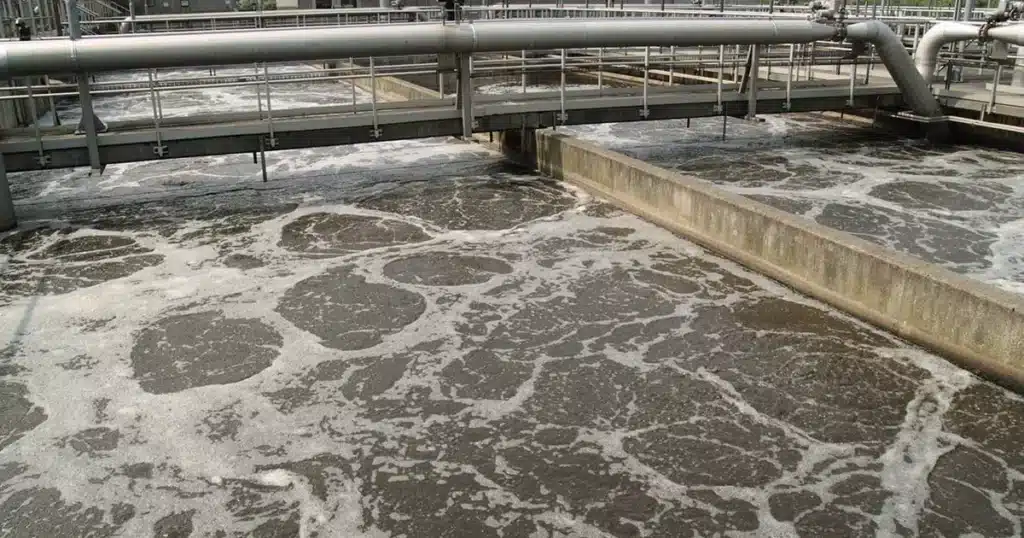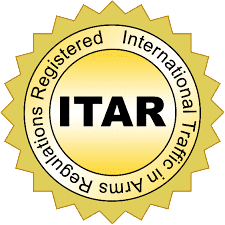Emergency Notice on Undeployed Airbags: Key Details and How to Act
The California Department of Toxic Substances Control (DTSC) has announced a 5-day Emergency Public Notice and Comment Period regarding the second readoption of emergency regulations for the safe handling of undeployed airbags. Here’s what you need to know and how you can participate in shaping the final rule. What’s Happening? The DTSC is extending its […]
Emergency Notice on Undeployed Airbags: Key Details and How to Act Read More »











